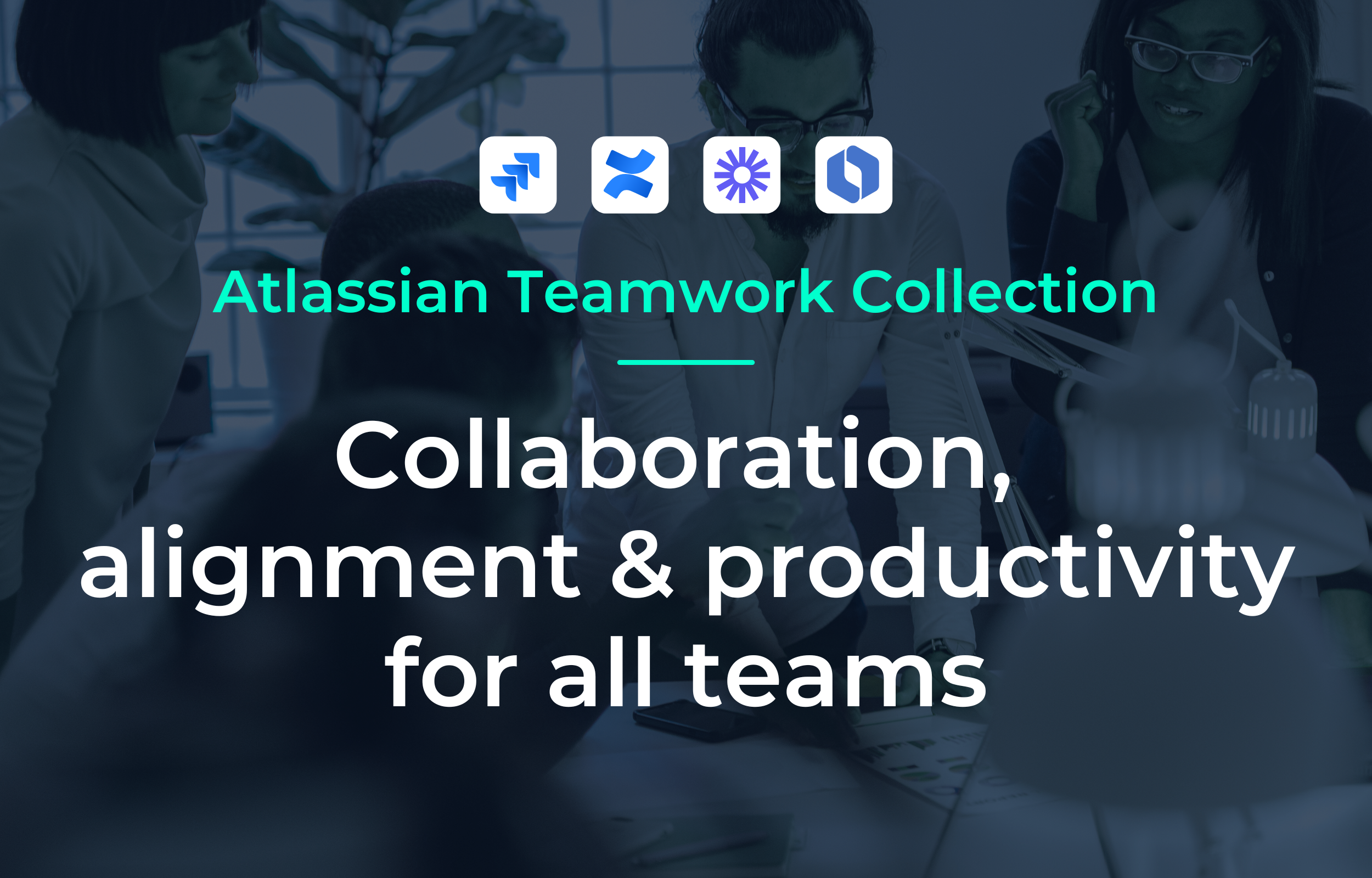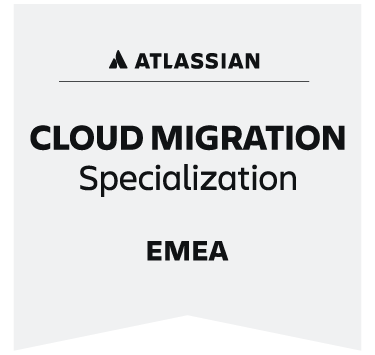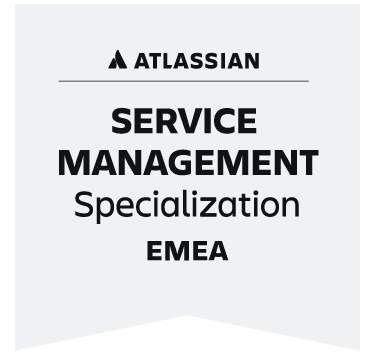Industrial companies today are under increasing pressure to deliver high-quality products faster and more efficiently while ensuring operational security. DevSecOps, a set of principles and practices that bring together development, security and operations teams, can help companies meet these challenges and remain competitive in today's marketplace.
The manufacturing industry is changing - fast
Companies in the manufacturing industry are increasingly transforming themselves from traditional manufacturers to software companies and are experiencing a change in their processes and procedures. This change is driven by the growing importance of software in the manufacturing industry, because modern production processes cannot be changed without a change in IT.
This change brings with it challenges for manufacturing companies
One of the biggest challenges is changing culture and mindset. For example, traditional manufacturing companies work in isolated departments and follow established processes and practices, while software development requires a collaborative and agile approach. Another challenge is investing in new tools and technologies to support the software development process. This can involve significant upfront costs and force companies to change their business models.
According to a recent survey, 90 % of manufacturing companies are investing in software development as part of their digital transformation. In addition, 71% of manufacturing companies say that software is critical to their products and services. This trend is expected to continue and software spending in the manufacturing industry is expected to increase to $13.5 billion by the end of 2023.
The job market is changing
The shift to software-driven manufacturing is also changing the job market. Demand for software developers in the manufacturing sector increased by 20 % last year, and we expect it to continue to rise in the coming years. This reflects the shift toward software development as a core competency for manufacturing companies.
What is DevSecOps?
DevSecOps is a way of working that promotes collaboration and integration between different departments and task areas. It aims to optimize the software development process by continuously integrating and deploying small increments of code that are progressively tested and secured can be. This enables faster deployment of software and more regular updates, which increases the efficiency and agility of the business.
DevSecOps in the manufacturing industry
The manufacturing industry can apply DevSecOps to various areas of the business, such as supply chain management, quality control, and customer service. By automating manual and error-prone processes, manufacturers can reduce the risk of defects and improve the overall quality of their products. DevSecOps also helps companies ensure the security of their operations by integrating security practices into the development process.
There is hope
Despite these challenges, transforming into a software-enabled enterprise can bring significant benefits to the manufacturing industry. Using software development and DevSecOps principles, manufacturing companies can improve efficiency, safety and flexibility to remain competitive in today's marketplace. In addition, by addressing this transformation and the challenges it presents, these companies can position themselves for long-term success in the digital age.
Why is DevSecOps important in the manufacturing industry?
Traditional organizations have tended to operate in isolated departments where development, security and operations teams were separate and often isolated from each other. This can lead to slow and inefficient processes and an increased risk of errors and security vulnerabilities. DevSecOps helps break down these silos and promote collaboration and integration between departments.
By continuously integrating and deploying small sections of code, manufacturers can reduce the risk of defects and improve the overall quality of their products. DevSecOps also helps them stay competitive by enabling them to respond quickly to changing market conditions and customer needs. By deploying software faster and updating more frequently, companies can improve their responsiveness and agility.
How to implement DevSecOps in the manufacturing industry
Implementing DevSecOps in manufacturing organizations requires a culture shift and a change in mindset. Teams must collaborate, integrate their processes, and embrace automation and continuous improvement. Here are some steps to implementing DevSecOps in the manufacturing industry:
Start with a small, cross-functional team:
Start with a small team representing different departments and functions, including development, security, and operations. This team can serve as a pilot group to test and refine the DevSecOps process.
Automate as much as possible:
Automation can help reduce errors and increase efficiency. Consider automating manual and repetitive tasks such as testing and deploying software to free up time and resources for value-added activities.
Promote a culture of continuous improvement:
Encourage teams to look for ways to continuously improve their processes and practices. Do this through regular retrospectives and incorporating feedback from different departments.
Invest in tools and technologies that support DevSecOps:
There are many tools and technologies that can help manufacturers implement DevSecOps, such as version control systems, continuous integration and deployment platforms, and security testing tools. Investing in the right tools can help streamline the development process and improve security.
Train and educate teams on DevSecOps principles and practices:
It is important that all team members know and understand the DevSecOps process. Training and education can help teams adopt and apply DevSecOps principles and practices.
Are there proven DevSecOps strategies for manufacturing companies?
Implementing DevSecOps in a manufacturing company requires a combination of the right strategies and tools to ensure success. Some proven strategies for manufacturing companies are:
Start small and expand step by step
Starting with a small, cross-functional team and testing the process before rolling it out is a more effective way to roll out DevSecOps than doing it across the enterprise at the same time. This approach allows organizations to test and refine their approach before rolling it out across the enterprise, reducing the risk of failure.
For example, a global automotive supplier began its DevSecOps journey with a small team focused on automating manual and repetitive tasks. The result of this pilot was a 20 % reduction in errors and a 25 % increase in efficiency.
Automate manual and repetitive tasks
Automation can significantly increase efficiency by reducing the need for manual, error-prone tasks. In addition, by automating processes such as testing and deployment, manufacturers can free up time and resources for more value-added activities.
A leading medical device manufacturer implemented automated test and delivery processes as part of its DevSecOps strategy. This resulted in a 50 % reduction in test time and a 30 % improvement in delivery speed.
Here you will learnhow companies manage to regularly release code (e.g. software updates and improvements) into the production environment.
Promoting a culture of continuous improvement
The key to successful DevSecOps implementation is to encourage teams to continuously improve their processes and practices. This can be achieved through regular retrospectives and the inclusion of feedback from different departments.
By holding weekly retrospectives and regularly soliciting feedback from its teams, an industrial equipment manufacturer fostered a culture of continuous improvement that led to a 15 % reduction in errors...
Investing in the right tools and technologies
There are many tools and technologies that can help manufacturers implement DevSecOps, such as version control systems, continuous integration and deployment platforms, and security testing tools. Investing in the right tools can help streamline the development process and improve security.
Common tools and technologies
Common tools used in DevSecOps include configuration management tools like Ansible and Chef, containerization tools like Docker and Kubernetes, Continuous Integration and Delivery (CI/CD) tools such as Jenkins and Travis CI, infrastructure-as-code tools such as Terraform, security testing tools such as OWASP ZAP and Burp Suite, and logging and monitoring tools such as Splunk and ELK Stack. These tools help companies automate tasks, streamline processes, and integrate security into the software development lifecycle.
Conclusion
DevSecOps can help manufacturing companies improve efficiency, security, and agility in today's fast-paced and competitive marketplace. Manufacturers can streamline their development process by breaking down silos, fostering cross-departmental collaboration and continuously delivering high-quality products. Implementing DevSecOps requires a culture shift, adoption of automation and continuous improvement practices, and investment in tools and technologies that support these principles. As manufacturing companies continue to adopt DevSecOps, we can expect to see more efficient and secure operations in the manufacturing industry.
Are you new to DevSecOps? Read our DevSecOps glossary to learn about the most important terms and technologies. Click here to go to the Glossary.







